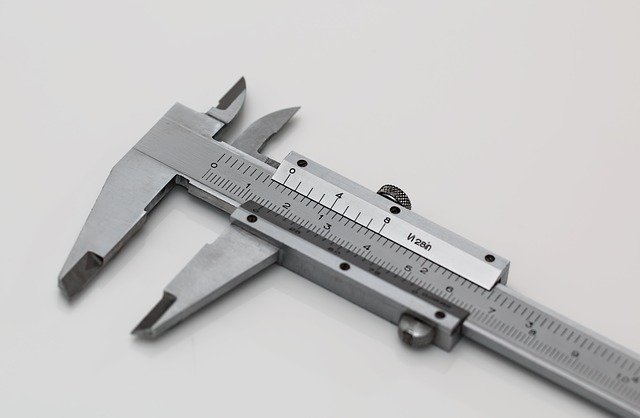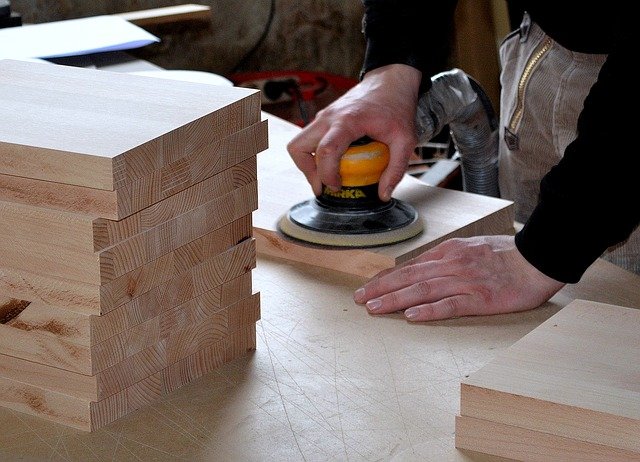
The stuff you don’t learn in Engineering School is what can make or break your career. You were told to get a high GPA, join clubs, get internships, and be active in your school. Surely that must’ve been it, correct? Wrong! Even though I outline to do all those things, it’s still not enough to be a dangerous engineer. To be a dangerous engineer, you need to know the stuff that you don’t learn in engineering school. This will set you apart from your peers, especially after you graduate.
So you follow the plan. You graduate with honors, have joined Formula/Baja SAE, and lined up a sweet internship. You have a job lined up immediately after graduating because you are set. Now you’re in charge of some projects. It’s not the same as when you were an intern. No more “do what you’re told to do”. Now it’s “find out what I need to do”. This shift from intern to an engineer isn’t bad, but I see many in the work force struggle with it.
February 29, 20245 Things You Don’t Learn In Engineering School
Learning How To Measure Things

So you design 2 parts, but they don’t go together. What is the very first thing you think of? Think about this for a bit. You went through the trouble of designing these parts in CAD, had your design reviews, and your peers sign it off. The drawing then got flowed through global supply chain folk, then makes its way to the machinist’s hands. The machinists do their work, quality inspects everything, then after lots of plane rides or shipping trucks later, the product makes its way into your fingertips. Only because they don’t fit.
What should be the very first thing you do when 2 components don’t go together? Whether it is a bolt and a nut, a shaft and a coupling, or male/female registers, the first thing you want to do is to measure the components. Duh. This type of troubleshooting is a skill that is not developed during school, especially if the school is more theory oriented. (Think of the UC System in the state of California)
Because much of the material in a theoretical engineering program is well, all theory, many students don’t get to physically play with many parts. This sets them up for a big wake up call in the industry. Some actionable advice would be to look around for as many measuring tools as you can at your workplace and get familiar with them. In your down time, ask yourself, or even your coworkers, what does this do? Your coworkers should notice that you’re taking initiative to learn things that you don’t in school and should be happy to help you.
Learning Basic Handy Work

Don’t know how basic tools work as an engineer? You’re not going to make it. If you grew up in a very sheltered household and don’t have much exposure to basic tools, you’re going to have to work twice as hard as everyone else to become mechanically literate. When you start designing things as an engineer, make sure you understand that these things require tooling to put these together. A bunch of bolts in awkward locations? You need to have tooling for that. A coupling for some shafts in some hard to reach places? You will need tooling for that.
In engineering meetings, you will be expected to do quick, on the feet problem solving. Understanding what it takes to get to the solution you need will be important. You want to make sure you propose solutions that are within reach. If you don’t have much physical handiwork experience, the solutions you provide may not be practical. You may design some mechanical component that is very difficult to machine because you don’t have a sense of what tool cutters or clearances may be. You might even add some crazy GD&T to your design because “the previous engineer” did so without knowing what it even means! Do not do this!
If you’re an engineer and have no handy work experience, start slow by fixing up things around the house. Flooring, windows, kitchen, bathroom, anything goes. YouTube is your friend. You can learn pretty much anything on YouTube nowadays – both engineering and even basic handy work. The skills go hand in hand whether you realize it or not. Very unfortunate that schools teach crazy amounts of theoretical knowledge, but we as students hardly retain it! There’s just too any broad and easy concepts in engineering that you don’t learn in school.
Learning what the name of tools are

Make sure you know what the names of things that you are describing are. Don’t refer to mechanical systems or components as “stuff” or “things”. If you have the time, google what things are called. Google is your best friend in any discipline, especially as a mechanical engineer.
Tools you will encounter in your engineering career:
- Hammer
- Wrench
- Socket
- Rachet
- Mallet
- Clicos
- Extensions
- Pliers
- Screwdrivers
- Phillips
- Air Compressor
- Impact Wrench
- Impact Drill
- Torque Wrench
Read about each of these individual tools, as these will help you come up with meaningful engineering solutions.
How To Negotiate Salary

Make sure you understand the salary of a mechanical engineer. Research the heck out of the job you’re applying to and be ready to have these conversations with recruiters and hiring managers. There is a fine line between warranting the company to incentivize the offer for you and being downright entitled.
You need a clear strategy on how to negotiate salary. See our guide on salary negotiation.
Learning That It Is All A Game

It’s important, once that you’ve established yourself, wherever you are, to know that it is all a game. What does this mean? It means that whether you’re a student, teacher, engineer, intern, manager, executive, whatever it may be, to understand that it becomes a game. There’s the salary negotiation game, the office politics game, the performance review game. Everything is all a game, if you look at it from a bigger perspective.
You can treat day to day activities like a game of chess. Always be a few moves ahead, not just one. The more you’re able to understand and predict the situation, the more you are in control. Imagine being an engineer, and knowing what questions everyone is going to ask during your design review. Wouldn’t be nervous, would you? That confidence is what applies to all aspects of life as well. We are all afraid of the unknowns. I still get nervous even when I have to present because I’m unaware of those unknowns that may pop up, but each time I do present, I keep on building upon my skill set. Treat each day like a battle, and each battle you win gains you experience points.
These upcoming weeks, guides to each of these areas you don’t learn in engineering school will be released. Everything on this site will give you what you need to be successful in both theory and in application.
About the author

Kazuyoshi Fujimoto, PE
Founder | Engineering Career Coach | Principal Mechanical Engineer
Kazu oversees all of ultmeche’s engineering services. He provides consulting such as resume reviews, rewrites, mock interviews, and all services career related. Additionally, Kazu performs consulting work regarding Oil & Gas, Automotive, and Aerospace & Defense. Kazu is licensed as a professional engineer in the state of California and has 9+ years of experience in Oil & Gas, Automotive, and Aerospace & Defense.
